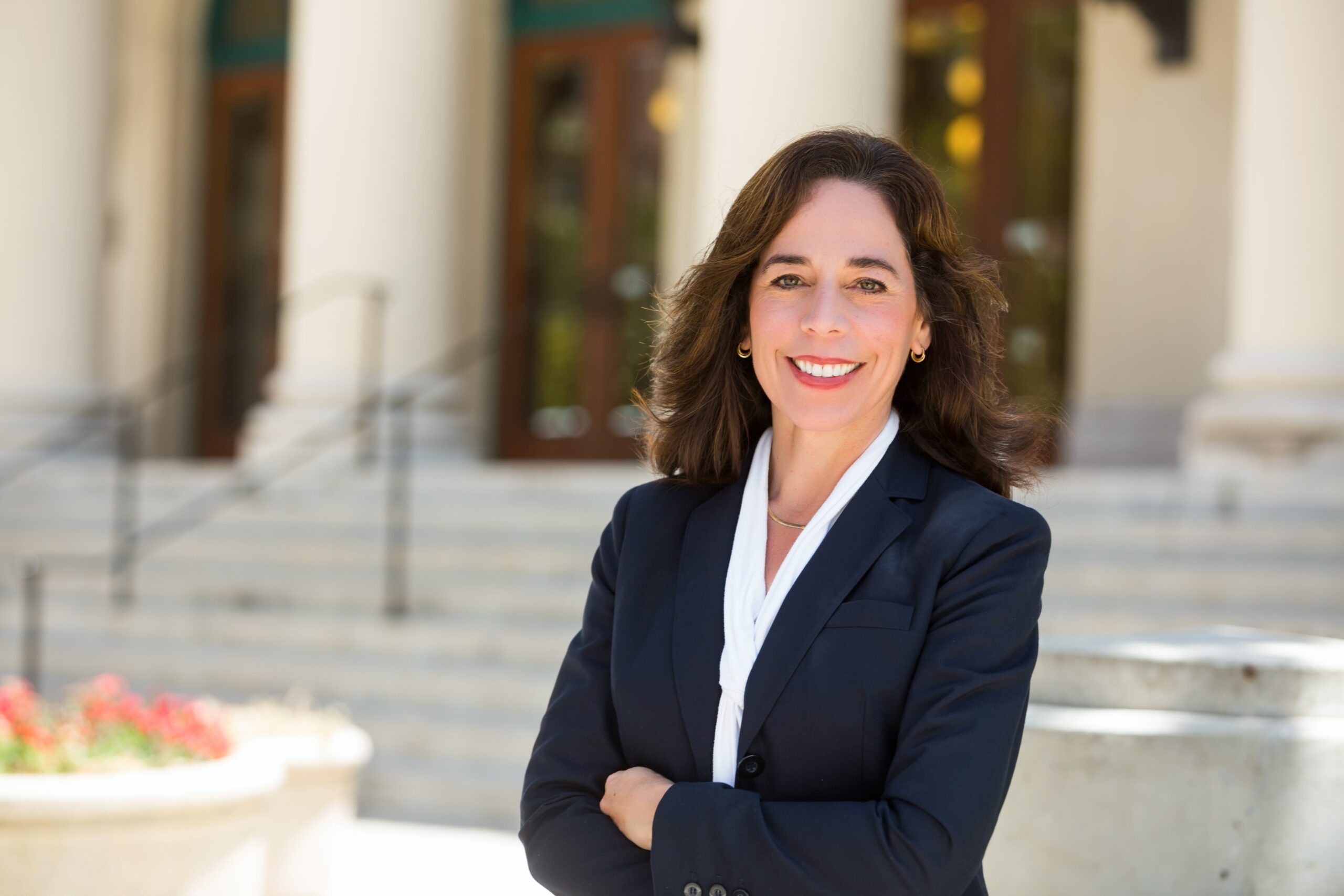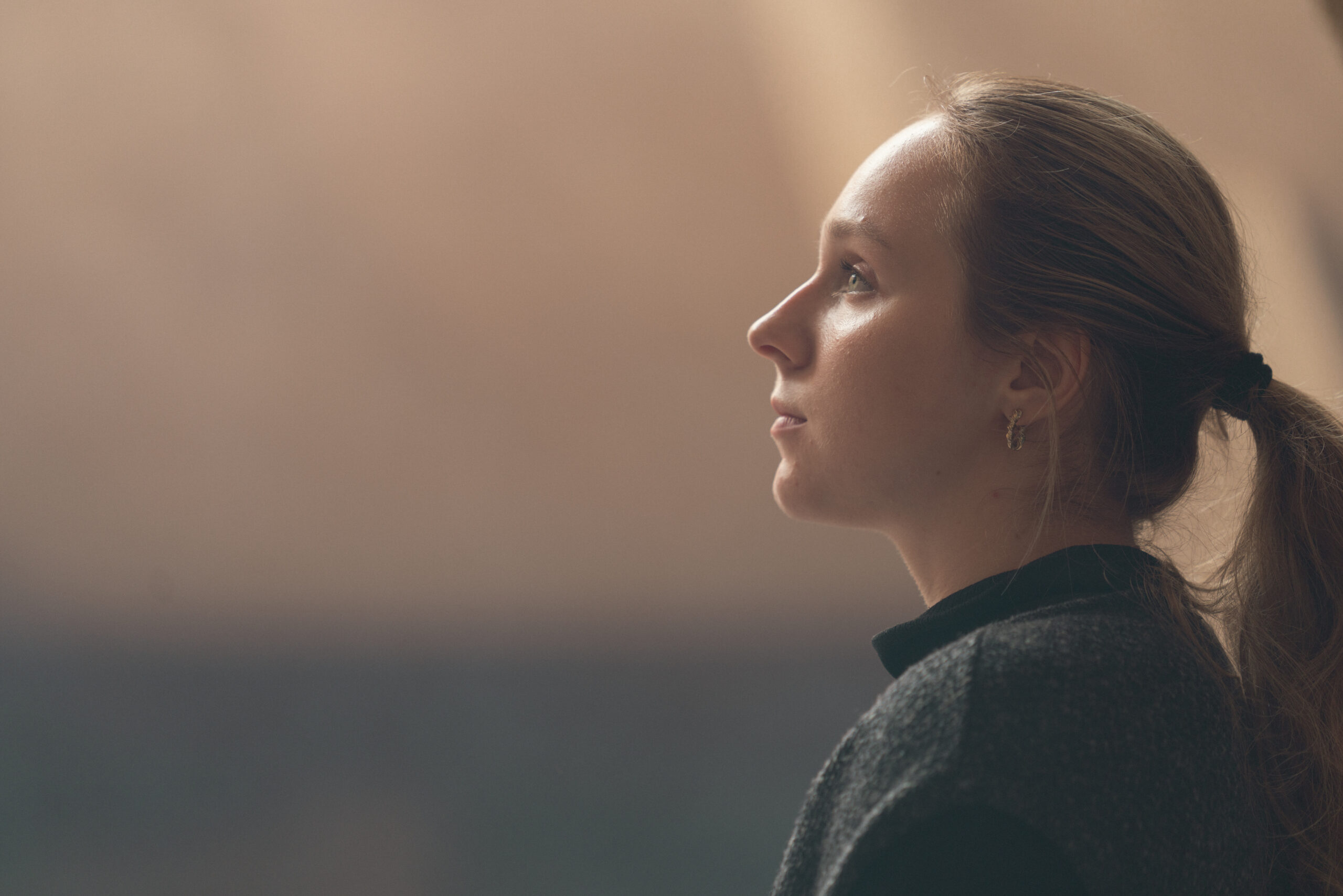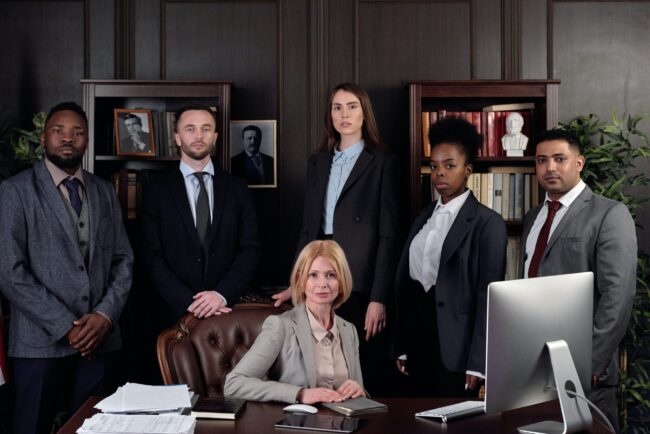
It is estimated that 150 women are victims of acid attacks in Pakistan each year. Those are just the cases that are reported. The number of women who hide away in fear of being attacked again, we don’t know. It could be very high.
Acid attacks are a very common crime in countries like Pakistan and India, and it often happens at the hands of family members or disgruntled spouses. The intent is not necessarily to kill a woman (who are the majority of victims) but it is done to disfigure them, make them a social pariah and make them live in fear.
It is one of those horrible things we still can’t believe is happening in 2014. There are plenty of anti-feminists (both men and women) in the western world claiming feminism is useless, or not relevant. But when we start to look elsewhere in the world are realize there are countries where women live in fear because of their gender, it’s important to acknowledge that the global fight for equality is far from over.
BBC news, as part of their inspiring 100 Women series focused on women’s issues around the world, recently featured a woman from Pakistan who is going against cultural taboo and giving female acid attack victims a new lease on life, and beauty.
Her name is Massarat Misbah, and she owns a beauty salon in the capital city Lahore. Roughly 10 years ago, a woman whose face had been burned from an acid attack came into Massarat’s salon asking for her help to “look better”. Massarat was so shocked by her appearance when the young woman lifted her veil, she had to sit down.
“In front of me was a woman with no face. Her eyes and nose were gone and her neck and face were stuck together so she couldn’t move them,” she told the BBC.
Massarat called the doctors to help the women, but that became the turning point for her own philanthropic work. For the past 10 years she has dedicated time to procure donations to help pay for many women who need treatment, and has even trained them to work in her salon alongside her, essentially giving them a new lease on life and financial independence.

A lot of the time in Pakistan, which is still largely a patriarchal society where women need permission to work outside the home, they do not have the financial freedom to flee an abusive situation and look after themselves.
Massarat is empowering these women to know that they are no longer victims.
Bushra Shafi is one of the salon employees who was attacked by her in-laws as punishment for not paying enough dowry money.
“My husband, brother-in-law and father-in-law poured acid on me – my mother-in-law tied me down from the neck. They didn’t take me to the hospital for 10 days and my face swelled so much it was just a big slab of meat,” Bushra said.
She went to Musarat for help. Her eyes were burned shut, her nose was gone and parts of her ears had melted. She spent years undergoing operations and now, after 150 of them, she has a chance to start a new life.
“I’m grateful,” she says. “I’ve got my eyesight back, my hearing back, I have a nose I can breathe from, a tongue, I can speak again.”
The sad part of this story is that Massarat’s salon and rehabilitation program are one of the very few like it in Pakistan. She says because acid attacks are mostly a women’s issue, the government do not intervene to help.
“[The government] says it tarnishes the image of our country. This is why it is hushed up and swept under the carpet.”
As in, it is more important for them to save face, rather than look at the real faces of victimization. Many women do not report acid attacks because even if it does happen to get to court level, perpetrators rarely face justice. In recent years Pakistan brought in a new law concerning the prosecution of acid attacks, but it hasn’t done much to deter the incidents from happening.

Acid attacks became illegal in Pakistan in 2010 when parliament passed the Acid Control and Acid Crime Prevention Bill, which can carry punishments of lifetime imprisonment. Penalties include up to 14 years in jail, and $11,000 in fines. Part of the law also deals with the distribution and sale of acid. In a lot of cases, the perpetrators, if caught, are set free after only a few years, where as the victims are under a “life sentence” with their disfigurement.
But the law is rarely enforced in rural areas, and acid attacks continue, even on the heels of the Oscar-winning documentary, ‘Saving Face,’ which featured a number of Pakistani acid attack victims being given vital plastic surgery from a UK-based Pakistani surgeon. Nafisah Shah, member of the Pakistan People’s Party has said in addition to new prosecution laws, there should be “an obligation of the state to ensure that treatment is provided to the victims.”
Many victims are afraid of being attacked again so they choose to stay quiet instead. Massarat has now become an important mouthpiece for a community of women who previously had no advocate, which is another prime example of why sisterhood and empowering one another is so crucial.
It is not just the physical scars that leave a reminder of a horrific incident, it is the emotional trauma which can linger for a long time and force these women to withdraw from society, according to information from the Acid Survivors Trust International (ASTI) organization based in the UK.
Another of the acid attack victims who Massarat helped through her salon is Huma Shahid, who was attacked by her fiance 10 days before her wedding. Huma is from a relatively wealthy background, and was a University lecturer before her life changed. She spent months in hospital and is not yet done with treatment. She still wears a full face mask and covers her head with a veil. Her perpetrator, who riding a motor cycle and threw acid on her while she was walking down the street, is still at large.
She says it is important to spread awareness about this issue, that it really can happen to any one.
“I think it’s not about being educated or not. It’s a mindset. People believe that these attacks on women are somehow justified. You notice that the majority of cases are women. They are considered a weaker gender,” she said.
However, the fact that these women are being helped by Massarat show sheer strength in the face of adversity, and it is worth shouting about. The more we spread stories of hope, bravery and power, the more we allow other women to rise up and defeat whatever challenging circumstances they face.
















